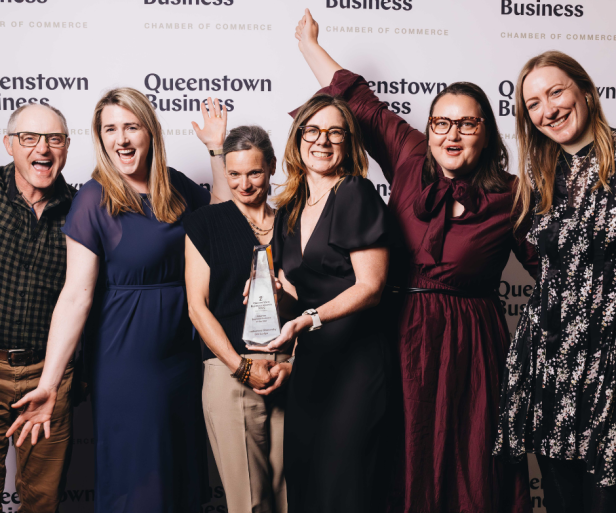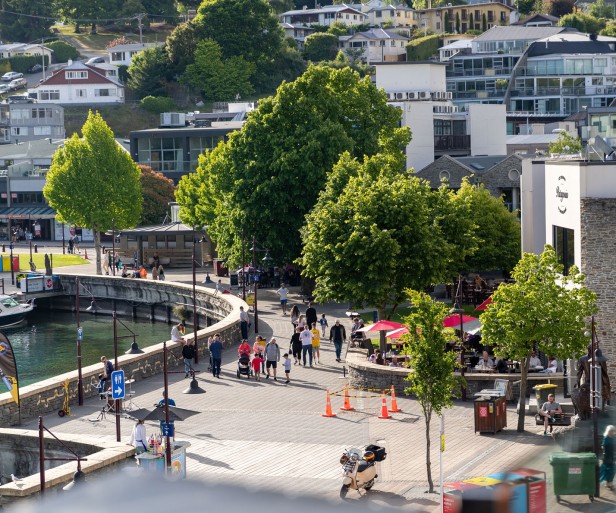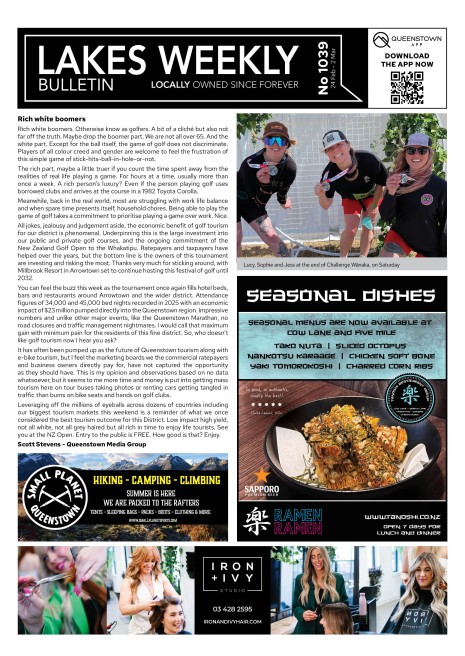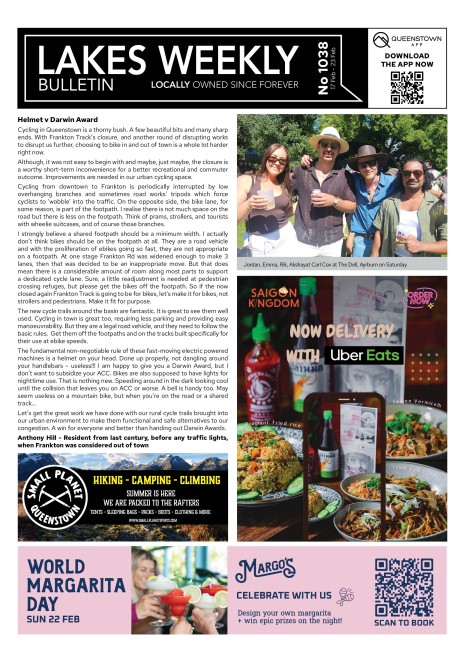Post-Covid not normal for Queenstown Businesses
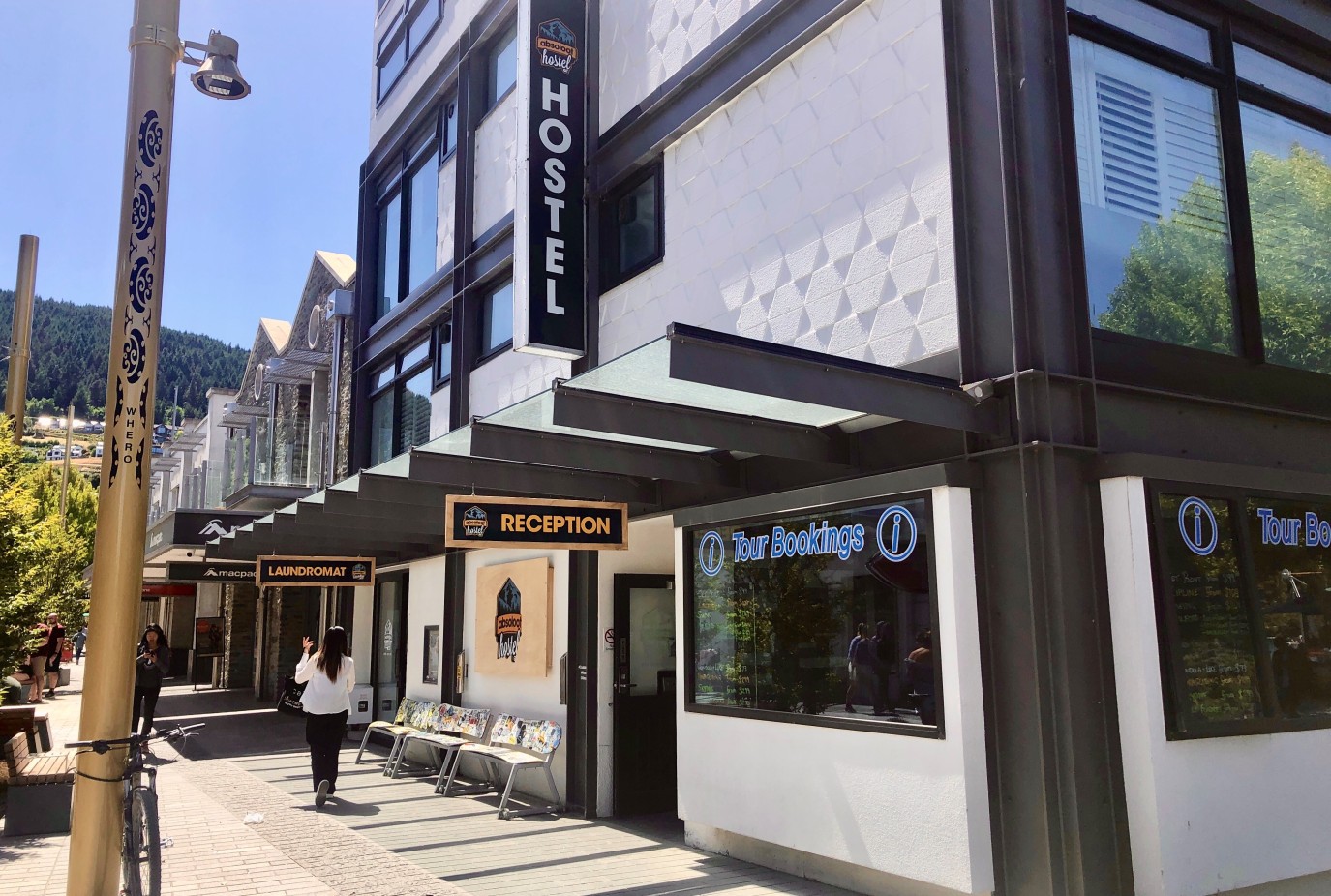
Shaun Kelly is the Managing Director at Absoloot Hostel QT on Beach Street. There were times when the borders were closed that the hostel was running at just 25% occupancy, and at one stage the business went into a bit of a hibernation.
Things are starting to look a little better these days – the hostel has been lucky enough to have retained a lot of staff over Covid, which was one of Shaun’s priorities when navigating the pandemic. Practices have changed slightly for them since 2020 and some efficiencies have been made – they’ve worked hard to improve their product, service, and staff – which may be the silver lining of the pandemic.
“Any good business should continually look and strive for efficiencies in process and productivity – this was tested to the limit during the last couple of years in particular. Labour limitations have meant that job descriptions needed to have fluidity. While staff have been able to assume similar roles to pre-Covid, both their and our expectations have needed to change.
“We’re very lucky that we’ve managed to get to a point where we are basically fully-staffed for the first time since 2019, and ultimately as we’ve all seen, the one thing most businesses are affected by now is the labour shortage. This would be one of the primary issues businesses would like to see return to some sort of normality. This is ultimately a bigger issue we all face, and is particularly centred around the limitations on housing currently. There needs to be a dedicated effort from all parties – government, business and community – to find opportunities to resolve this,” says Shaun.
Both Shaun and Ellen Murphy, Group Operations Manager for Wolf Hospitality Group, agree that customer attitudes and expectations have changed since the pandemic, and that staffing and housing issues are one of the biggest concerns for Queenstown businesses at the moment.
Wolf Hospitality Group has several establishments in Queenstown including The London, Boardwalk and The Crown. The businesses are currently operating at reduced hours in some of their venues, have fewer menu items available, and have limits on how many customers they’re able to bring in. One of their biggest issues is the lack of staff currently in Queenstown.
“All of our venues differ but The Crown, for example, is largely an order-at-the-bar venue, which allows us to serve a large number of people in a short space of time,” says Ellen.
“We have adopted that in other places at times, that we’ve needed to, but we would absolutely love to go back to being able to offer full table service in those venues that it suits. For the most part, we’re still managing to do that, but to do that we’re having to take fewer people. It’s a kind of balancing act, really – we still want to be able to provide good service, but it’s hard to do that when we’re operating under the same conditions as Covid.
“Queenstown’s a transient town, so you train somebody for six months and they move on to the next seasonal town. I’d say experienced staff is the issue – you can train anybody to do certain aspects of the job or certain roles within the company, but finding experienced people – that goes for the kitchen and front-of-house – that’s where our challenges lie. In the last couple of weeks we’ve seen a large number of backpackers come through, which is awesome, however most are quite young and inexperienced, so while we may look to have a significant number of people on shift, most of them are very new.”
While there’s certainly no quick fix to the issues local businesses are facing, and no one solution, it is apparent that staffing and housing are causing huge problems for many. Some businesses have reported that the government’s accredited employer visa seems like a bit of a money grab and has muddied the path to long-term residency. Unless you’re on a skills-shortage list (which many hospitality staff, including chefs, are not) it is harder for people to stay here, and so the problem continues.


